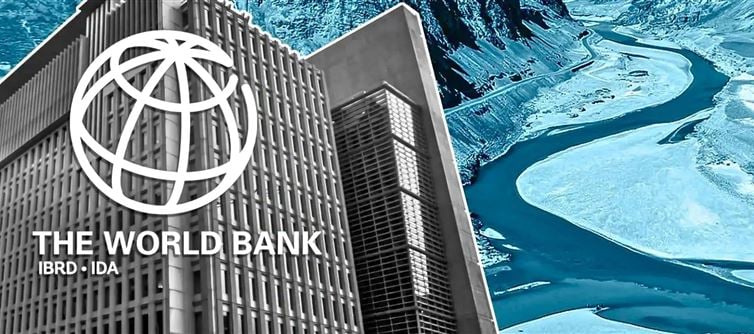
World Bank's Role in the Indus Waters Treaty
In 1960, the World bank mediated the Indus Waters Treaty. It caused india and pakistan to split the indus river and its tributaries. The three eastern rivers—the Beas, Ravi, and Sutlej—are under indian sovereignty, while the western rivers—the Indus, Chenab, and Jhelum—are under Pakistani control. The treaty has encouraged collaboration over shared water resources despite political conflicts. The World bank acts as the treaty's guarantor, supervising its implementation, providing financial support, and aiding in dispute settlement. However, it avoids discussing security and political matters. The World Bank's spokeswoman confirmed that the organization never offers commentary on the sovereign decisions made by its member countries.
Regional Stability and the Role of the World Bank
The already strained relationship between the two countries has significantly worsened as a result of India's suspension. Both nations' economies and diplomatic stability depend on water. If the pact is not restored, Pakistan's agricultural economy—which is reliant on the Indus River—will be seriously jeopardized. Increasing tensions may lead the international community to become increasingly active in mediating the issue, despite the World Bank's stated inability to get directly involved in the conflict.
De-escalation assistance may then be requested from the World bank, which served as the treaty's original broker. There are serious geopolitical ramifications to India's suspension of the Indus Waters Treaty. Even while the World bank has maintained its objectivity, its previous role might help to limit the consequences. Long-running water disputes could further destabilize the area, thus the international community must closely monitor the situation.




 click and follow Indiaherald WhatsApp channel
click and follow Indiaherald WhatsApp channel